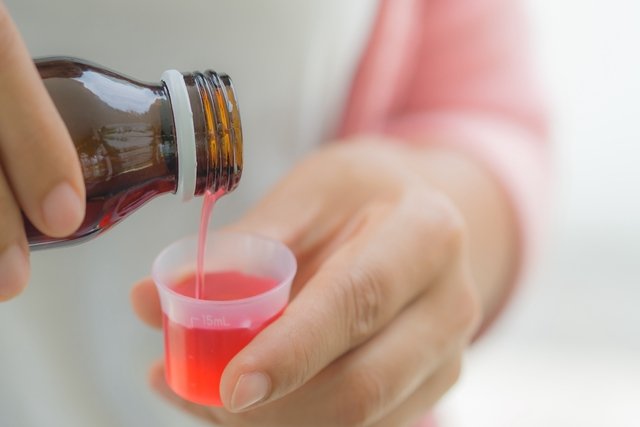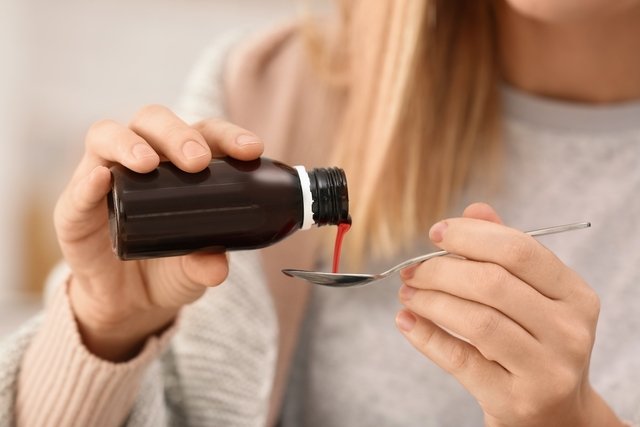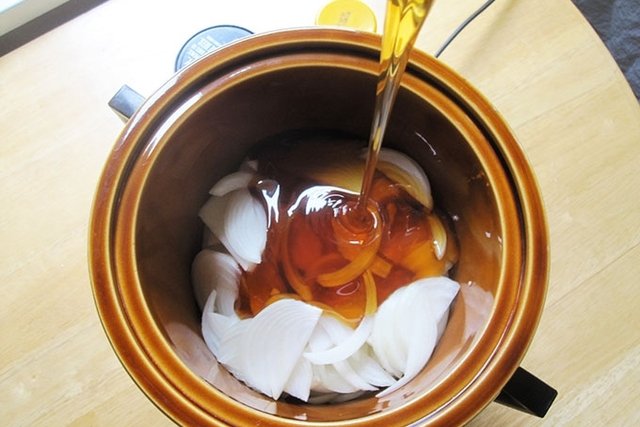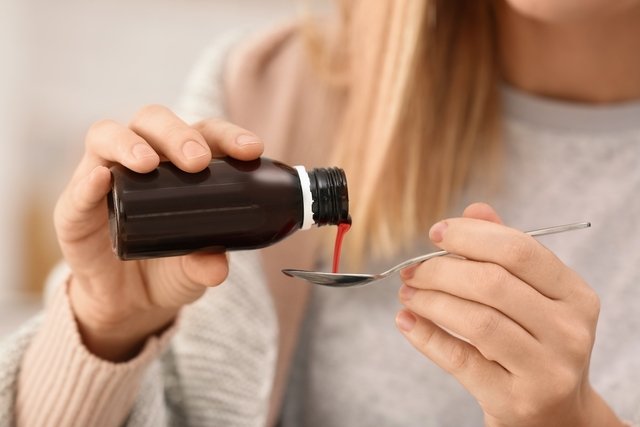Cough Teas: 13 best options (and how to prepare)
Cough teas, such as eucalyptus, cinnamon and thyme help to fluidize secretions, which makes it easier to expel phlegm, combat microorganisms responsible for respiratory changes and improve coughing, and can be a good homemade option to improve this symptom. Furthermore, it is recommended to increase water consumption to thin secretions and facilitate their exit, as […]
Continue Reading









